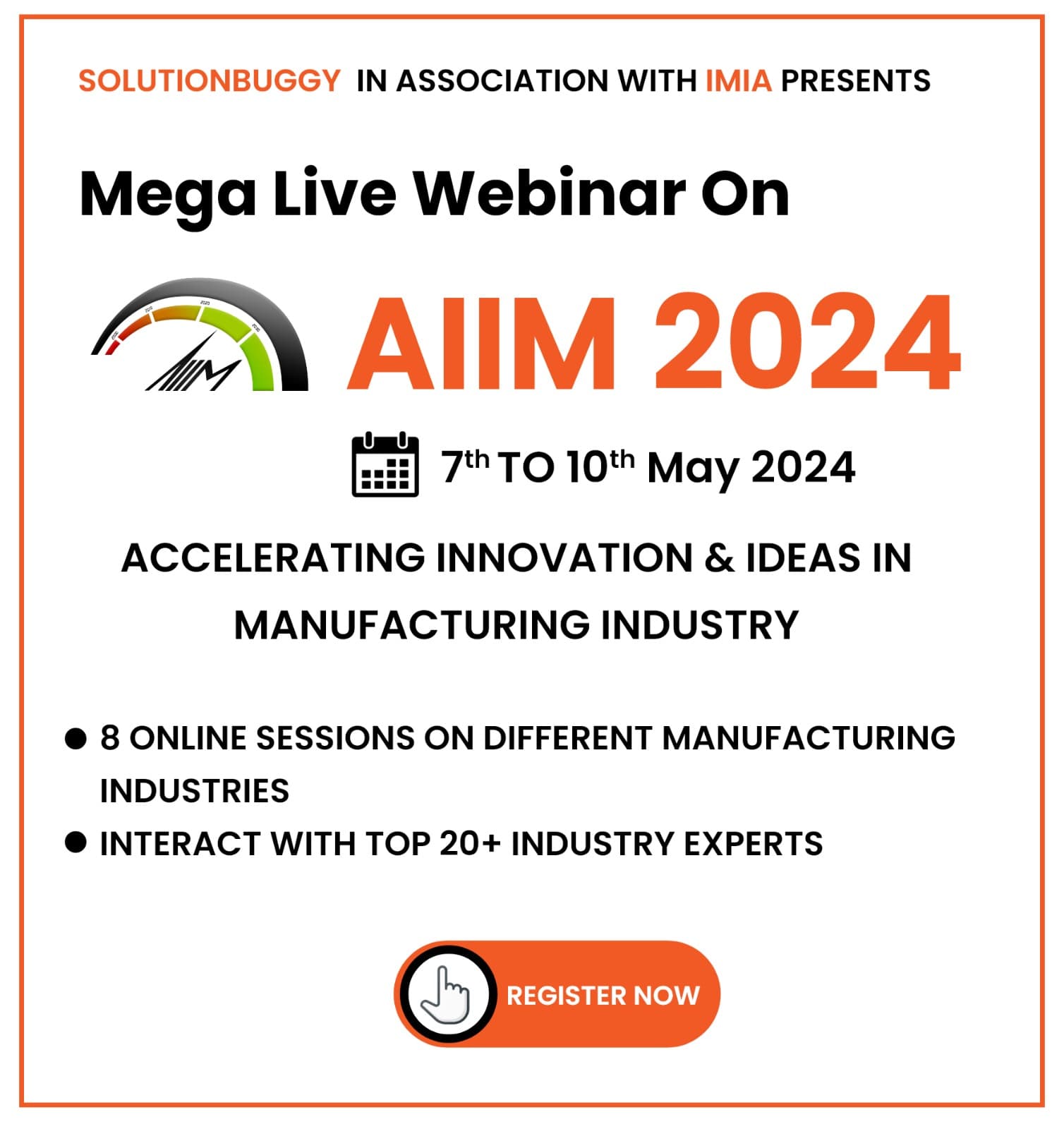Scope of the project:
This step involves determining the processes to be automated, the sequence of operations, the minimum level of automation and control for every process, the minimum level of material handling between every process, and the target throughput rate. It emphasizes identifying the minimum criteria for the overall system. To maintain low cost, the content of the project must be consistently guided by essentials only.
Building infrastructure to support the project:
Create areas for fabricating and assembling parts, subsystems, and entire machines. This includes a machine shop, stock room for consumables, fasteners, controls fabrication area, pneumatic components, and electric panel supplies. This costs relatively less than the typical manufacturing automation project.
Building the system:
The A team should consist of engineers experienced in designing electrical, mechanical, and software systems. They should even be ready to install pneumatic components, handle dirty fabricating parts in a machine shop, or wire a control panel before programming the PLC. The team should handle and resolve even the post-production issues. The idea is to keep the workflow on the system all the time, with seamless transitions from one engineering discipline or technical trade to another, while resolving the problems.
Maintenance Benefits:
- One of the most visible benefits of LCA is the development of an expert equipment maintenance infrastructure. The entire responsibility of maintenance lies in the hands of the engineers who designed and fabricated the system.
- It also helps to ensure the maintenance, repair, and up-gradation of the system regularly, thus increasing the lifespan and reducing downtime.
- Extraordinary Labor efficiency saves time and money.
- Reduced expenses for sample parts in bulk, as they can be acquired only when required.
Labor Efficiency:
One major benefit of LCA includes the overall expertise of engineers who efficiently handle the project from start to end, reducing the cost of hiring other supervisory and technical staff. In this lean organization, everyone becomes a key contributor and decision-maker. The collective talents of engineers are simultaneously utilized for documentation, new technology investigations, technical writing, process development, calibration, skill development, instrumentation, etc.
This is a challenge for engineers to broaden their skills. The ability to accommodate design changes is helpful, especially when novel processes are automated for the first time. All the brainstorming results in design convergence, yielding refined ideas from the beginning of the project.




